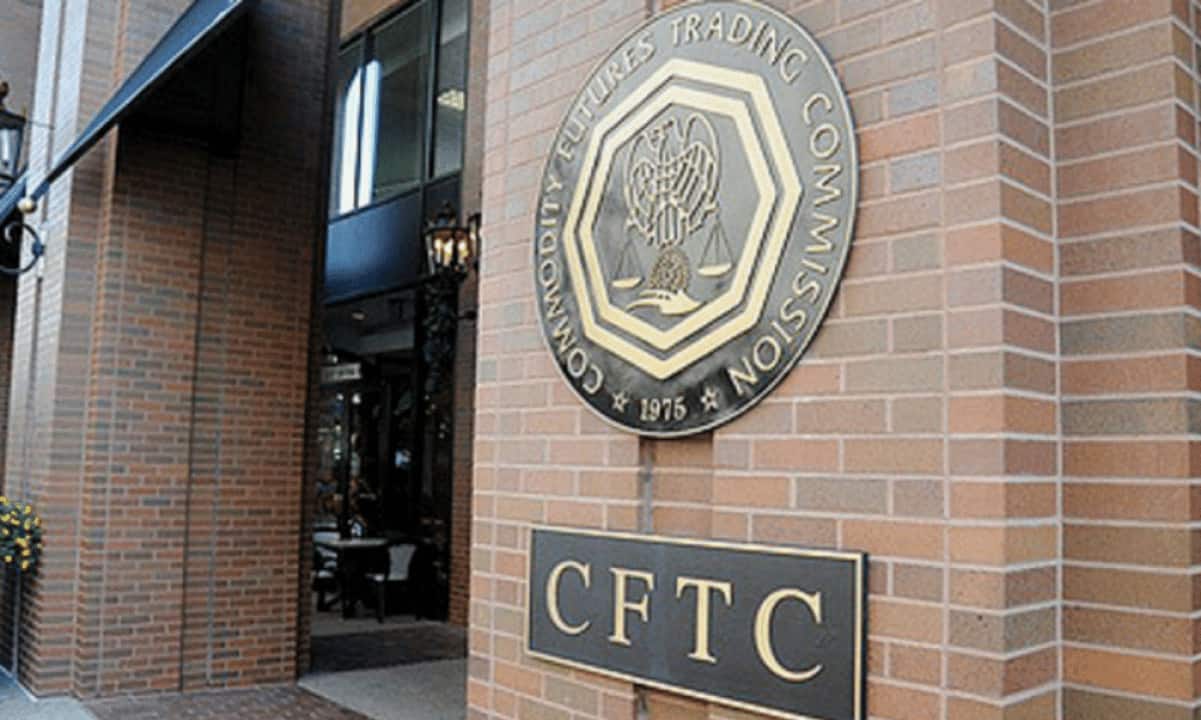The Commodities Futures Trading Commission (CFTC) has taken action against five individuals for their involvement in promoting fraudulent bitcoin and cryptocurrency trading services. The CFTC claims that the defendants targeted Spanish-speaking investors and swindled them out of their funds. The five individuals are David Carmona, Juan Arellano Para, Moses Valdez, David Brend, and Marco A. Ruiz Ochoa. The defendants operated a business called Icomtech which claimed to be a crypto trading venture. Between 2018 and 2019, Icomtech promised investors daily returns ranging from 0.9% to 2.8%, and also pledged to double their investments within four to eight months. However, the CFTC alleges that the defendants misappropriated the funds and did not use them for crypto trading, nor did they deliver on their promises.
Amounts Involved and Targeted Investors
The CFTC claims that the Icomtech agents solicited funds worth “hundreds of thousands of dollars” from over 170 people in the United States and other countries. The majority of these investors were from Spanish-speaking communities. The defendants are accused of running a fraudulent scheme that targeted unsuspecting investors who were promised significant returns on their investments. The CFTC alleges that the defendants did not use the funds for crypto trading, but instead misappropriated them.
Regulatory Response and Commissioner’s Statement
The US Attorney’s Office for the Southern District of New York (SDNY) also charged the five defendants for wire fraud in October 2022 in connection with the Icomtech fraudulent venture. This enforcement action comes shortly after the CFTC recorded its highest bitcoin fraud case involving a $3.4 billion penalty fee. The case involved a South African CEO who ran an unregistered commodity pool to solicit bitcoin from people and also embezzled customers’ funds. CFTC Commissioner Christy Goldsmith Romero recently stated that it was impossible to monitor all the fraud going on in the cryptocurrency space, as it was a lot. Romero stated that 20% of the agency’s portfolio comprised crypto cases, including the lawsuits against crypto giant Binance and the bankrupt FTX. Romero also stated that the regulatory agency should not be seen as a “friendlier regulator” towards the crypto sector, compared to the Securities and Exchange Commission (SEC), which has adopted a more aggressive approach towards the industry in recent times.

